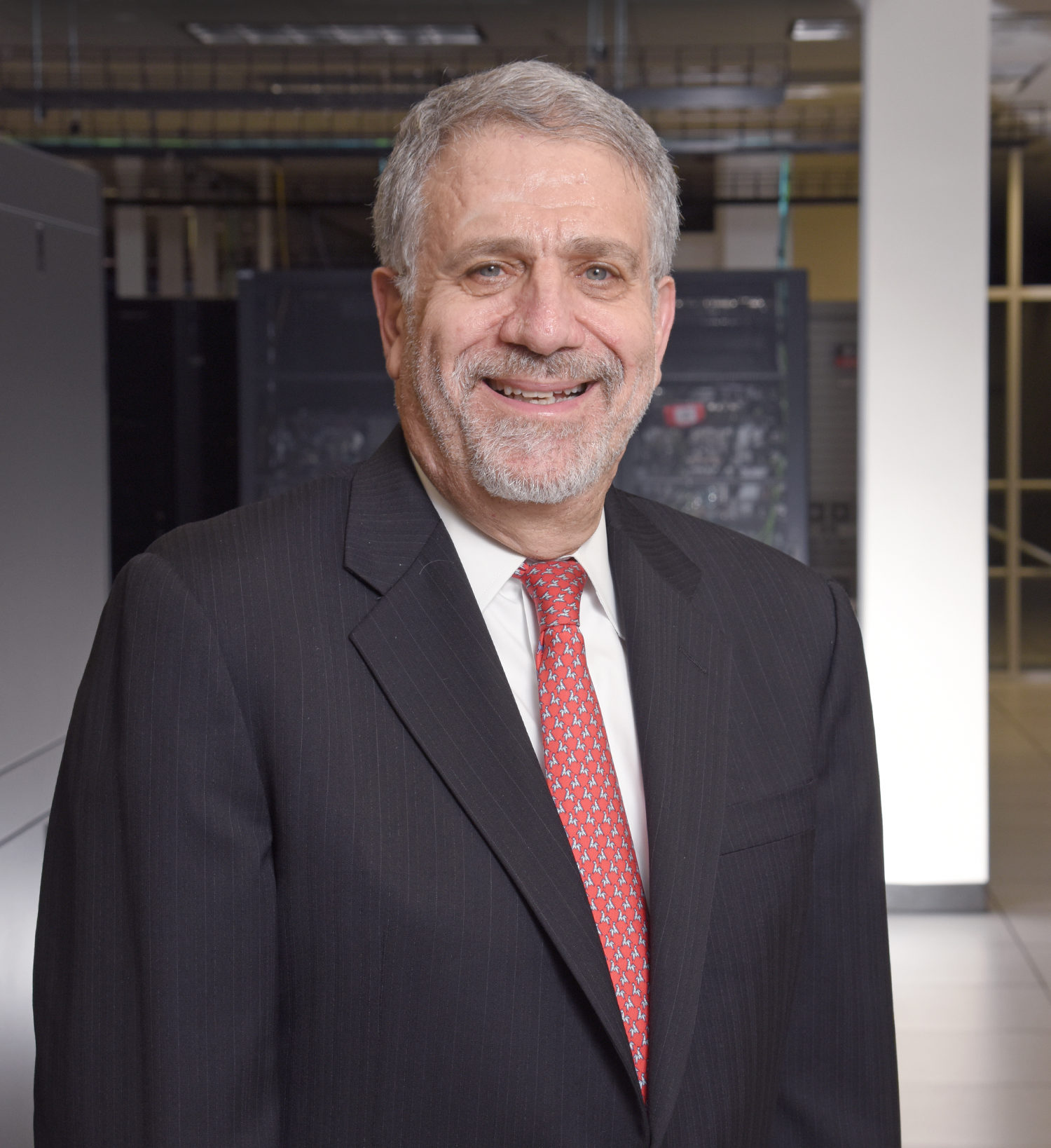
Marc Milstein says he’s completed a “17-year round robin.” Milstein, who was appointed CIO at Children’s Health back in 1990, has returned to Dallas’ Medical District, serving as CIO at UT Southwestern. He started his healthcare career in the early ’70s as a systems analyst, and has climbed his way up the ranks to become a well-known chief information officer. I spoke with Milstein about his career path, lessons he’s learned along the way, and how he’s been adjusting to his newest role.
How did you get your start in healthcare?
“I got into healthcare in the early ’70s as a systems analyst at a healthcare institution (Shared Medical Systems.) From there I went to healthcare IT, installing early accounting systems in other institutions. I did that all around Texas, Oklahoma, Louisiana, Arkansas, and New Mexico.”
Was your main focus IT?
“I actually also have a consulting background, where I worked in hospital and healthcare IT consulting. [At one point he was a senior manager at KPMG.] In that role, I worked with clients and helped them select and implement healthcare computer systems, focusing on things like electronic medical records.”
What did you do after consulting?
“After consulting I became CIO at Children’s Health in Dallas. I was there for 10 years and left after Y2K. I’ve been a CIO at healthcare and academic institutions since then. [He was CIO at Cambridge Health Alliance, University of Missouri, Contiuum Health Partners, and Yeshiva University.] Most recently, I worked for the University of Texas system and administration in Austin as CIO.”
How was the transition from a consultant’s job to an executive position?
“As a consultant, you do a lot of planning and you write IT plans, system plans, and system implementation plans. … When you’re a CIO, you have to implement those. So normally as a consultant you recommend and leave—but I recommended and stayed! As a CIO you also have to deal with the people side, which you don’t have in
consulting.”
Now that you’re back in Dallas, years after your first appointment as CIO at a health system, what changes have you noticed?
“Back then in a CIO role, you oversaw the whole operations side of an IT system. It was more operations-focused than strategic-focused, as it is now. There’s definitely been an evolution of the position.”
Have you noticed changes in the healthcare sector in general here?
“Obviously there’s new healthcare enterprises and companies that have taken space. But one thing I really noticed is that collaboration among campuses has increased. Back in the ’90s there was some collaboration with Parkland and St. Paul Hospital (with UT Southwestern), but nothing at the level now. I think we are all so interconnected because our patients traverse the medical center…and most physicians in hospitals are from UT Southwestern.”
How’s the readjustment been to Dallas and your new role? What have you learned so far?
“I’m breaking things down: I look at the role as sort of being focused on research, patient care, and academics. I’m only three weeks in, so I’m at the stage now of understanding what’s here, looking at the patient systems, administrative systems, grants, and research. I’ve learned so far [at UT Southwestern] that there’s a real focus on population health, analytics, and collaborative initiatives.
“I envision a continuation of what’s successfully been done in the past—as my team and I form a future plan, I’m here to build the technology and infrastructure of that. I’m feeling invigorated–it’s good to be back in this kind of healthcare environment that’s very faculty- and student-focused. It’s a large enterprise that seems to be building more and more every time I look out my window. I’m making my rounds to further understand what’s here.”





